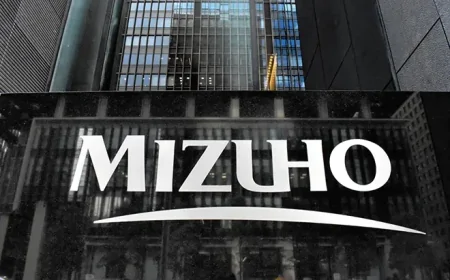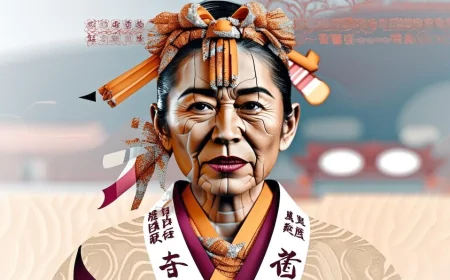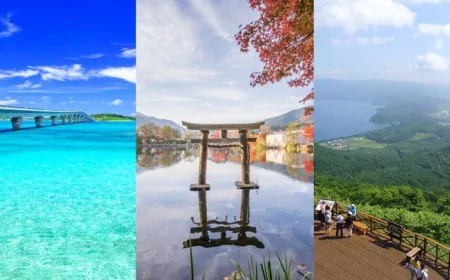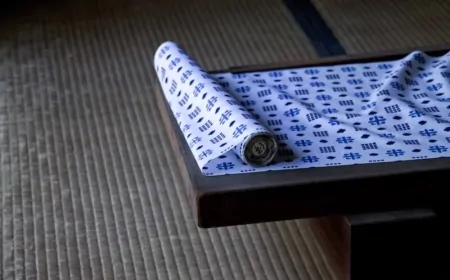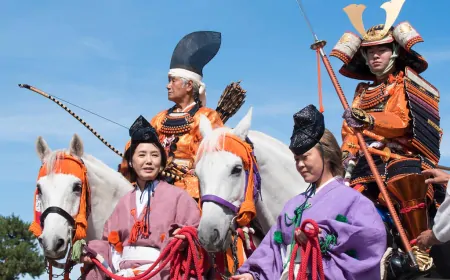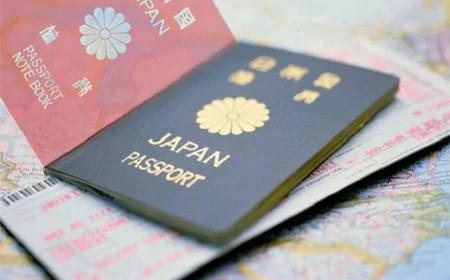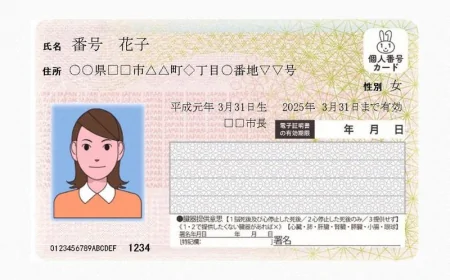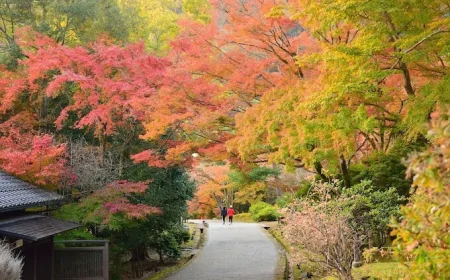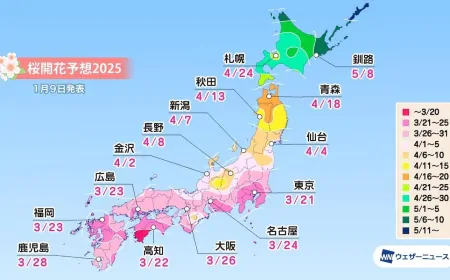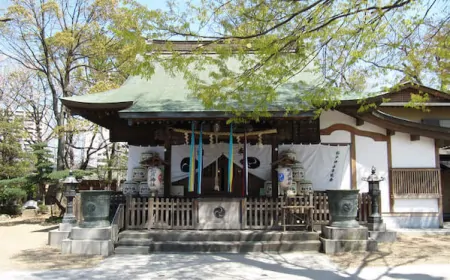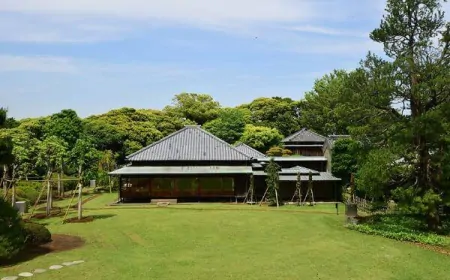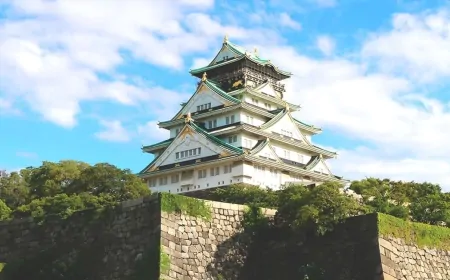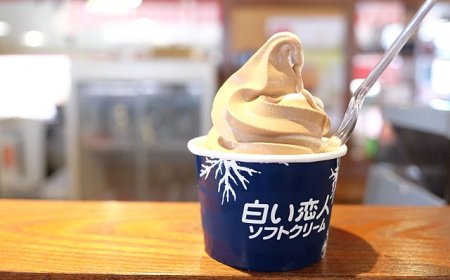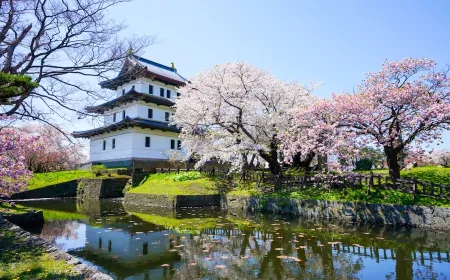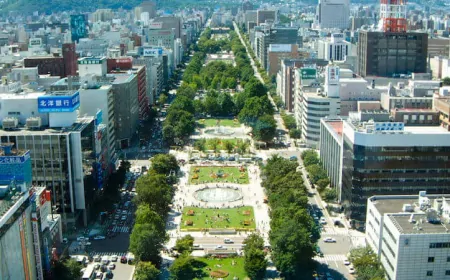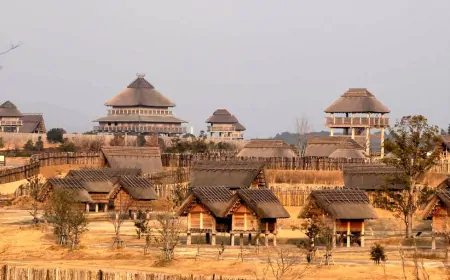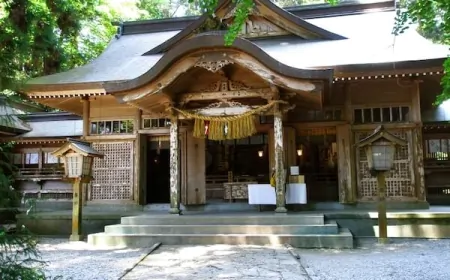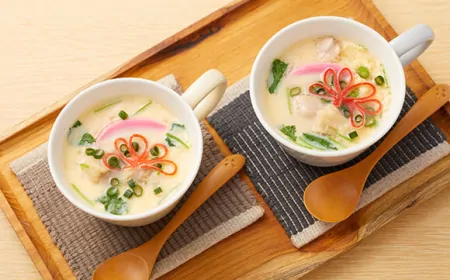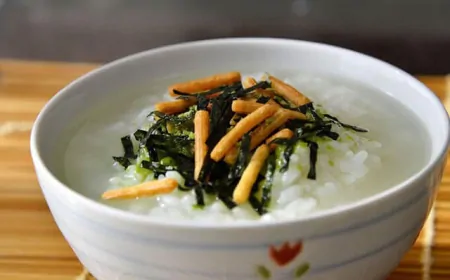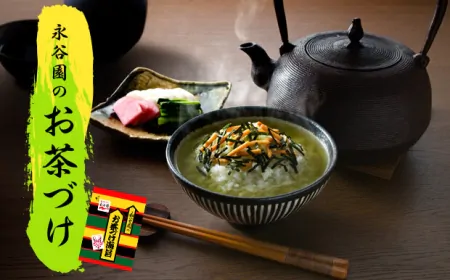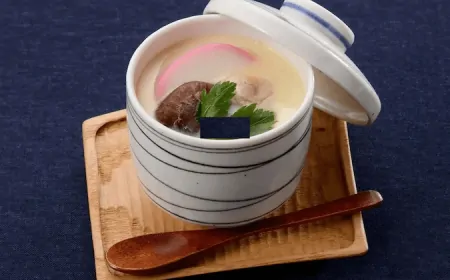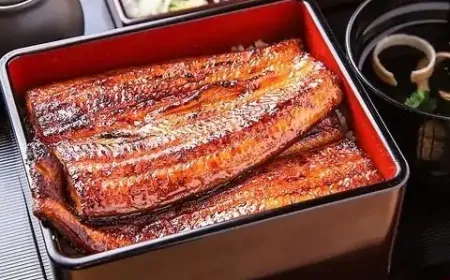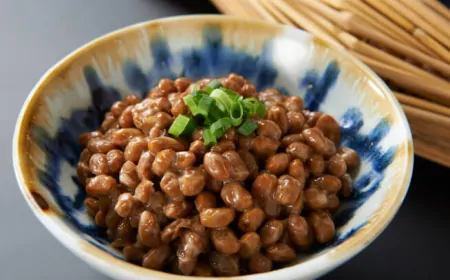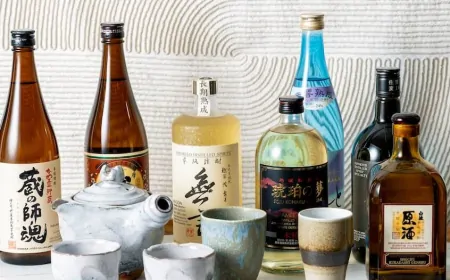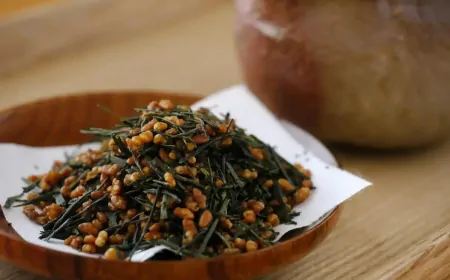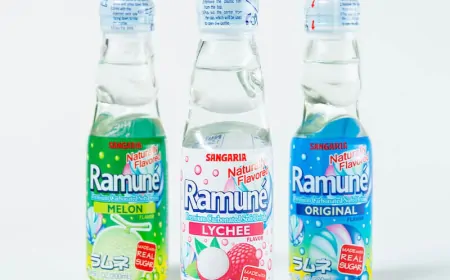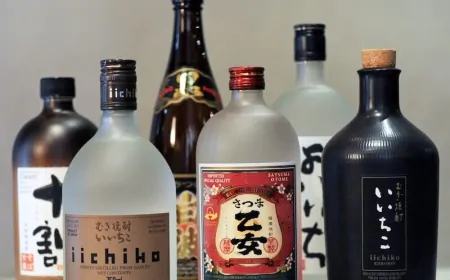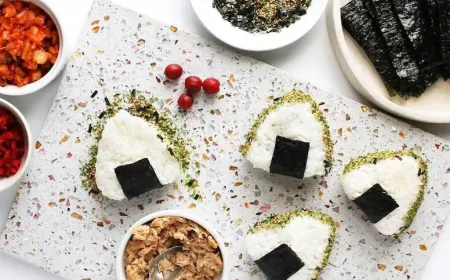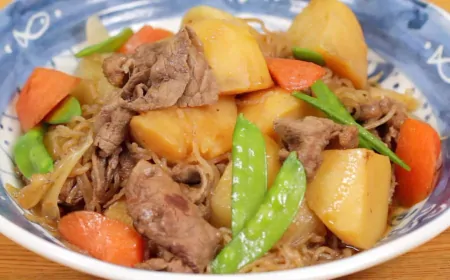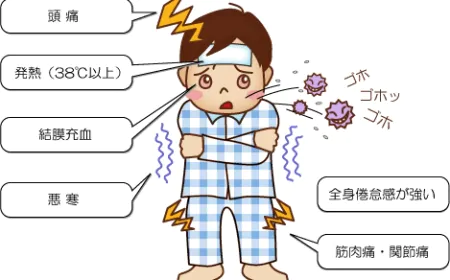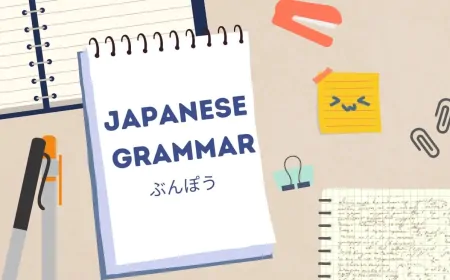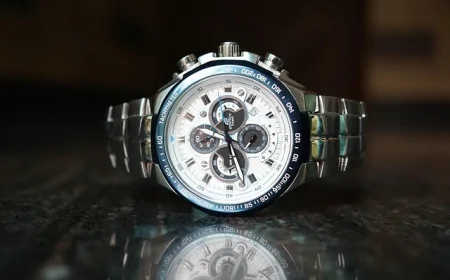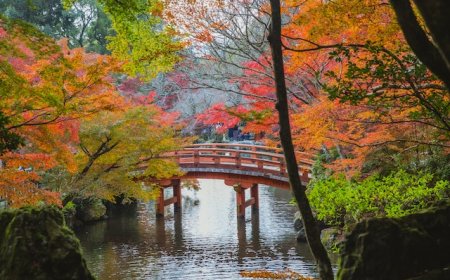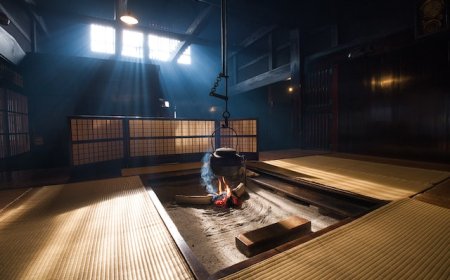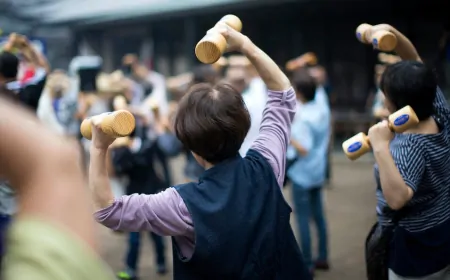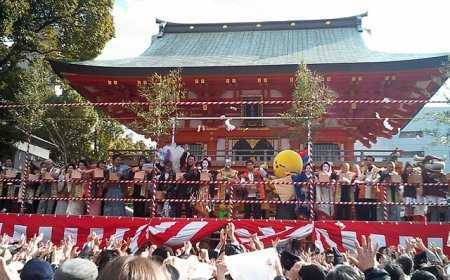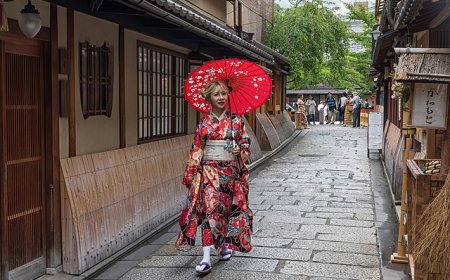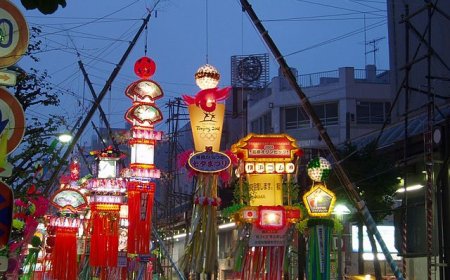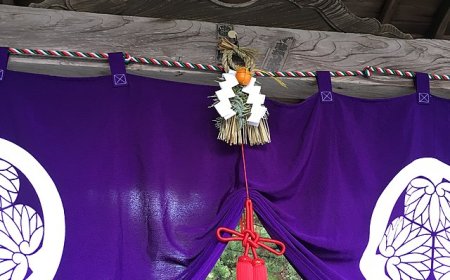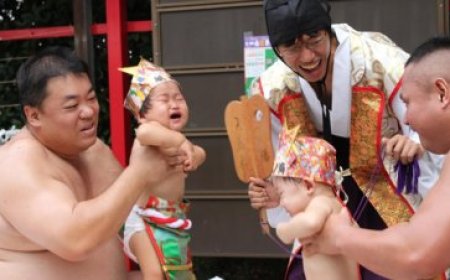Tango no Sekku – a holiday to pray for good health for boys
The Tango no Sekku festival (端午 の 節 句) also known as Ayame no hi (Iris festival) is one of the five annual ceremonies held at the Japanese court called Gosekku.

In Japan, from the beginning of April, households with sons decorate their homes with samurai warrior statues. The samurai armor and kabuto helmet are symbols of protection, protecting children's lives. The doll is modeled after brave warriors like Momotaro and Benkei, who appear in ancient Japanese stories imbued with the wish that the boys will grow up to be as brave and strong as they are. .
After updating the new calendar, this Japanese national holiday is May 5 every year to honor the gratitude of the children dedicated to their mothers, the women who have silently sacrificed for the family. happy family. On this day, boys will hang up the flag of carp, also known as large carp, on the front door of the house to pray for peace and good health.
May 5 is Children's Day, while families celebrate the healthy and happy growth of children. Children's Day Tango no sekku became a national holiday in 1948, but it has been around since ancient times. May 5 has been called the Tango no Sekku festival and is a festival for boys. The girls have their own festival called Hina Matsuri (Doll Festival), held on March 3. On Children's Day, families with boys often hang large carp (koinobori) flags outside and the warriorbeen doll in the house.
The carp was chosen because it symbolizes strength and success; According to a Chinese legend, a carp swims upstream to become a dragon. Today, due to living in small to medium sized apartments, the size of today's carp flags is also smaller. During the festival days, people often bathe a leaf that they believe brings good luck and good health. Besides, kashiwa mochi is an indispensable food in this Tango no Sekku festival.
And the main food during the Tango no Sekku festival is Kashiwa-mochi which is a traditional Japanese sweet. They are made from a pan of sweet corn (pea) filled with mochi (a soft rice cake made from rice flour), and wrapped in a kashiwa oak leaf because of its meaning that old leaves do not fall from the oak tree and they will wait until new shoots pass through it to fall, symbolizing good luck for the prosperity of one's descendants.
--------------------------
Injavi.com - Visit in Japan
記事に関連する商品








